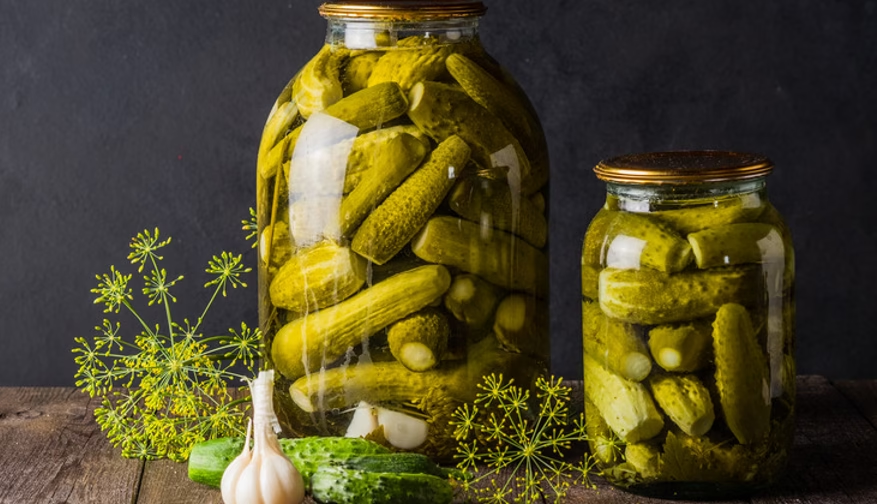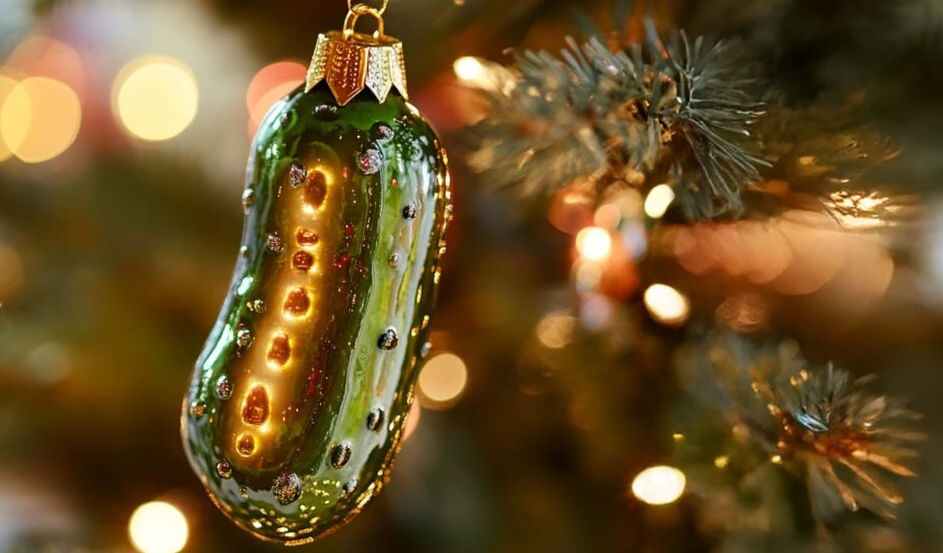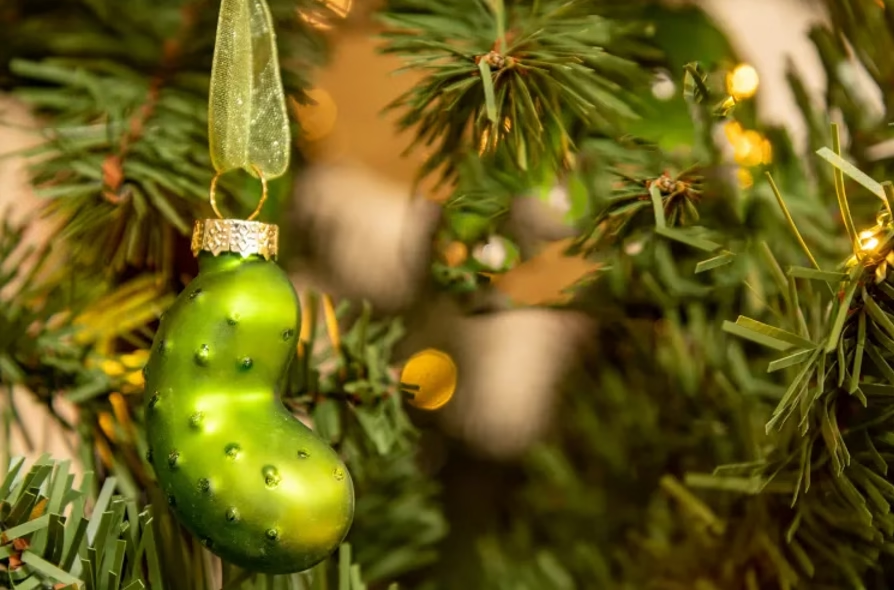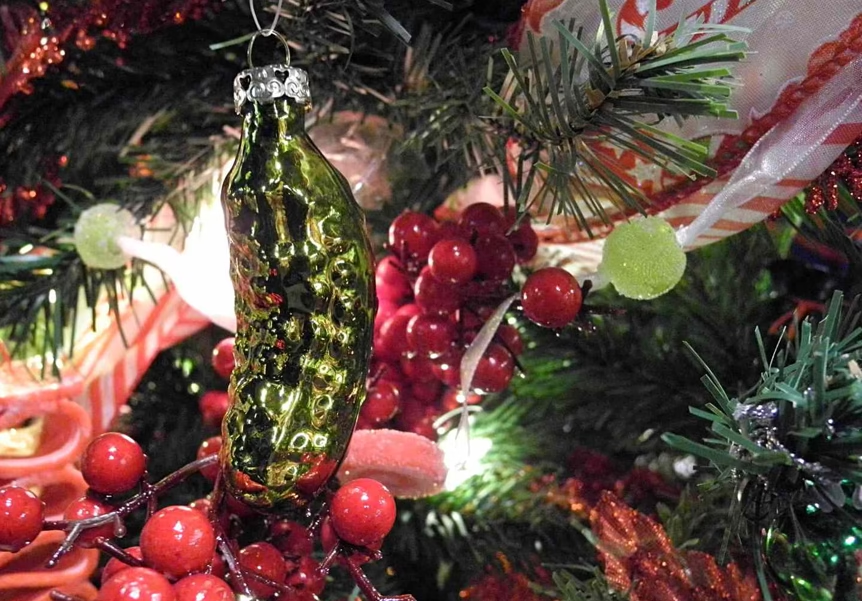Table of Contents

What is the true origin of pickle as we know it today?
The true origin of pickle dates back over 4,000 years to ancient Mesopotamia. People there began soaking cucumbers in acidic brine to preserve them for long journeys and harsh seasons. This simple method kept food from spoiling and added flavor. The word “pickle” comes from the Dutch word pekel, meaning brine. Over time, pickles spread through trade to places like India, Greece, and Egypt. What started as food storage turned into a global favorite. Today’s pickles still follow the same basic process—salt, vinegar, and time. That ancient method shaped the pickle you know and love today.
How did ancient civilizations use pickling for survival?
Ancient civilizations used pickling to survive when fresh food wasn’t available. They soaked vegetables and fruits in salt or vinegar to stop them from rotting. This simple method kept food safe during long winters, wars, and travel. Pickling helped people store harvests and avoid starvation. Soldiers, sailors, and traders all relied on pickled food. It was one of the earliest ways to fight hunger and spoilage. Without pickling, many ancient communities would not have made it through hard times.
Was the first pickle created by accident or necessity?

The first pickle was likely created out of necessity, not by accident. Early people needed a way to keep food from spoiling without refrigeration. They discovered that soaking vegetables in salty water or vinegar made them last longer. This method helped them survive during food shortages and long travels. Pickling was a smart solution to a serious problem. It wasn’t a lucky mistake—it was a choice made for survival. That choice gave us the pickle we enjoy today.
What foods were pickled before cucumbers took the spotlight?
Before cucumbers became the star, ancient people pickled many other foods. They preserved onions, garlic, olives, and even fish. In China, they pickled cabbage and radishes. In the Middle East, turnips and lemons were common. These foods lasted longer and kept their flavor. People chose what was local and easy to store. Pickling was about survival, not taste. Cucumbers came later but quickly became the favorite.
How did the origin of pickle influence modern food preservation?
The origin of pickle helped shape how we preserve food today. Ancient pickling showed that salt, acid, and time could stop food from spoiling. This idea led to canning, fermenting, and other safe storage methods. Pickling was one of the first ways people controlled food decay. It proved that simple ingredients could make food last. Modern food science still uses these basics. Without the early success of pickling, many current methods might not exist.
Why did Cleopatra claim pickles contributed to her beauty?

Cleopatra believed pickles helped her stay healthy and beautiful. She thought their nutrients gave her clear skin and strength. In ancient Egypt, people saw pickled foods as powerful for the body. Cleopatra even praised them in her beauty routine. She believed what she ate showed on the outside. Pickles were more than food—they were part of her self-care. Her belief added fame to the pickle’s long history.
What role did pickles play in early trade routes and empires?
Pickles played a key role in early trade routes and growing empires. They were easy to store, lasted long, and kept travelers fed. Traders carried pickled foods across Asia, the Middle East, and Europe. Empires used them to feed armies during long campaigns. Pickles didn’t spoil quickly, making them perfect for long trips. They helped connect regions by keeping people strong on the move. Without pickles, trade and expansion would have been harder.
Could the origin of pickle be linked to early medical practices?
Yes, the origin of pickle is closely linked to early medical practices. Ancient healers believed pickled foods could fight illness and boost digestion. The acids and fermentation helped kill harmful bacteria, making pickles a natural remedy. Doctors often recommended them to improve health and treat stomach issues. This connection gave pickling a special place beyond just food. Early medicine and food preservation worked hand in hand through pickling.
How have pickling techniques evolved across different cultures?
Pickling techniques have evolved uniquely across cultures to suit local tastes and ingredients. In Asia, people use rice vinegar and spices for tangy, sweet pickles. In Europe, salt and fermentation create sour, crunchy varieties. The Middle East adds herbs and citrus for bold flavors. Each culture adapted pickling to preserve food and enhance flavor. These variations show how a simple process can create many delicious results. Pickling remains a global tradition shaped by history and geography.
What do historians say about the first documented pickled item?

Historians say the first documented pickled item was cucumbers, traced back over 4,000 years in ancient Mesopotamia. They found records showing cucumbers preserved in brine to last through hot climates and long journeys. This early evidence proves people used pickling to avoid waste and hunger. The simple act of soaking cucumbers started a global tradition. Historians view this as the true beginning of pickling’s long history.
Why is the origin of pickle still debated among food experts?
The origin of pickle is still debated because different cultures claim to have started pickling first. Ancient texts and artifacts show various early methods around the world, making it hard to pinpoint one true beginning. Some say Mesopotamia, others point to India or Egypt. The lack of clear evidence leaves room for mystery and debate. Food experts keep searching for answers, which keeps the story of pickles exciting and alive.
How did pickles become a staple in American delis?
Pickles became a staple in American delis thanks to waves of immigrants from Eastern Europe who brought their pickling traditions with them. These communities loved adding pickles to sandwiches and meals for extra crunch and flavor. Delis started serving pickles as a side, and the tangy treat quickly grew in popularity across the country. Its bold taste matched well with classic deli foods like pastrami and corned beef. Today, pickles are an essential part of the American deli experience.
What surprising ingredients were used in ancient pickles?
Ancient pickles often included surprising ingredients like spices, herbs, and even honey. People added garlic, dill, mustard seeds, and sometimes exotic flavors like frankincense or myrrh. These additions not only preserved the food but also added unique tastes and believed health benefits. Some cultures used fruit juices or wine vinegar instead of plain vinegar. These unexpected ingredients made ancient pickles more than just preserved food—they were flavorful and sometimes sacred treats.
Is there a difference between the origin of pickle in Asia vs. the West?

Yes, there is a difference between the origin of pickle in Asia and the West. In Asia, pickling often started with fermentation using rice vinegar and spices, creating tangy and sweet flavors. In the West, pickling began mainly with salt and vinegar to preserve food during long winters and travels. Both regions used pickling to save food, but their methods and tastes developed separately. These differences show how local culture and ingredients shaped the pickle’s story around the world.
How did the process of fermentation lead to the rise of the pickle?
Fermentation played a key role in the rise of the pickle by making food last longer and taste better. This natural process uses good bacteria to turn sugars into acids, which stop harmful germs from growing. Early people discovered that fermenting cucumbers created a sour, crunchy snack that could be stored for months. Fermentation made pickles safe and delicious without refrigeration. This simple method helped pickling spread quickly and become popular worldwide.
What archaeological finds tell us about early pickling methods?
Archaeological finds reveal early pickling methods through ancient jars and tools used for food storage. Excavations in Mesopotamia uncovered clay pots with residue of salty brine, showing how people preserved cucumbers and other vegetables over 4,000 years ago. Similar discoveries in Egypt and India prove that pickling was a common practice across different cultures. These artifacts help us understand how early humans used simple ingredients like salt and vinegar to keep food fresh long before modern technology.
Why is the origin of pickle more than just a culinary tale?

The origin of pickle is more than just a culinary tale because it tells a story of survival, culture, and innovation. Pickling helped ancient people store food safely, travel farther, and fight hunger. It shaped trade routes and even influenced medicine and beauty practices. This simple food connects history, science, and human creativity. Understanding its origin reveals how food can impact life beyond the kitchen.
Did pickles play a role in ancient military diets?
Yes, pickles played a vital role in ancient military diets. Soldiers needed food that lasted during long campaigns, and pickles fit the bill perfectly. Their salty, sour taste helped prevent dehydration and scurvy by providing essential vitamins. Armies carried pickled vegetables to keep troops strong and healthy on the move. This made pickles more than just a snack—they were a key part of survival in battle.
What myths and legends surround the origin of pickle?
Many myths and legends surround the origin of pickle, adding mystery to its history. Some stories say pickles were a gift from the gods, meant to bring health and luck. Others claim famous figures like Cleopatra and Julius Caesar used pickles for strength and beauty. Folklore often links pickling to magical powers or secret recipes passed down through generations. These tales show how pickles became more than food—they became part of culture and legend.
How has the origin of pickle shaped global food culture today?
The origin of pickle has shaped global food culture by inspiring countless recipes and traditions worldwide. Pickling started as a way to preserve food, but it soon became a way to add bold flavors to meals. Different cultures adapted pickling to their local tastes, creating unique varieties we enjoy today. From spicy kimchi in Korea to dill pickles in America, pickling connects people through shared history and flavor. Its origin shows how a simple idea can influence food everywhere.





Pickle rick